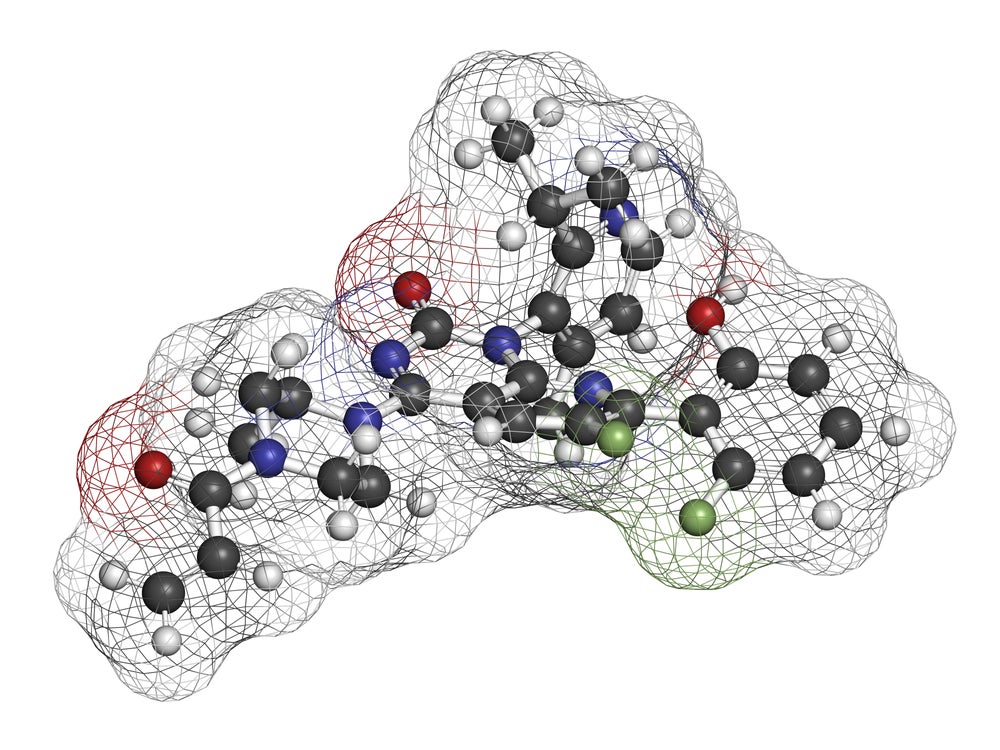The FDA unveiled preliminary documents in anticipation of the Oncologic Drugs Advisory Committee meeting, which occurred on 5 October 2023.
The meeting evaluated Amgen‘s supplementary application seeking full approval for Lumakras (sotorasib) in treating previously treated locally advanced or metastatic KRAS G12C-mutated non-small cell lung cancer (NSCLC).
Known as a first-of-its-kind cancer treatment, the FDA approved Amgen’s drug, Lumakras, in May 2021 through an expedited pathway. This approval was specifically for patients with advanced lung cancer carrying KRAS mutations, provided they had undergone at least one previous systemic therapy.
In preparation for the meeting, the FDA intended to convene its panel of external specialists to deliberate upon recently acquired findings from the Phase III CodeBreaK 200 clinical trial required for the FDA’s accelerated approval conversion into a full drug approval.
The Phase III study successfully achieved its primary objective, progression-free survival (PFS), for Lumakras when compared to docetaxel, a standard second-line treatment for NSCLC (5.6 months versus 4.5 months; hazard ratio [HR] 0.66, 95% confidence interval [CI] 0.51–0.86).
Following the CodeBreaK 200 protocol, tumour evaluations took place at six-week intervals for a significant portion of the trial, making it challenging to pinpoint the precise date of disease progression. Consequently, the actual median PFS benefit could be less than five weeks or even as brief as five days, which is a cause for concern.
Furthermore, throughout the execution of the confirmatory trial, there was a notable disparity in dropout rates between the docetaxel and Lumakras arms after randomization. Specifically, 23 patients designated for the chemotherapy group did not receive treatment, in stark contrast to only two patients in the Lumakras group, which indicates possible systemic bias.
The outcomes have given rise to inquiries regarding the clinical relevance of the confirmatory trial and hint at the potential necessity for conducting an additional confirmatory investigation.
The commercial success of Lumakras is significant not only because it marks the entry of the first drug into a previously unexplored and lucrative segment of the NSCLC market, but it also represents one of the key growth drivers for Amgen, with GlobalData’s analyst consensus forecast predicting Lumakras’s global sales to reach $1bn in 2029.
Amgen has encountered challenges in replicating its efficacy beyond the scope of NSCLC, so removing Lumakras from the market would be a significant blow to Amgen’s commercial arena.
Nevertheless, there may be hope for Amgen in the promising results from CodeBreaK 300 study in colorectal cancer, which are to be presented at the European Society for Medical Oncology (ESMO) Conference on 20-24 October 2023.





